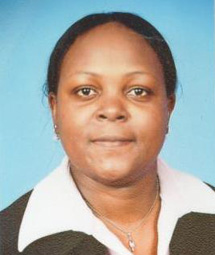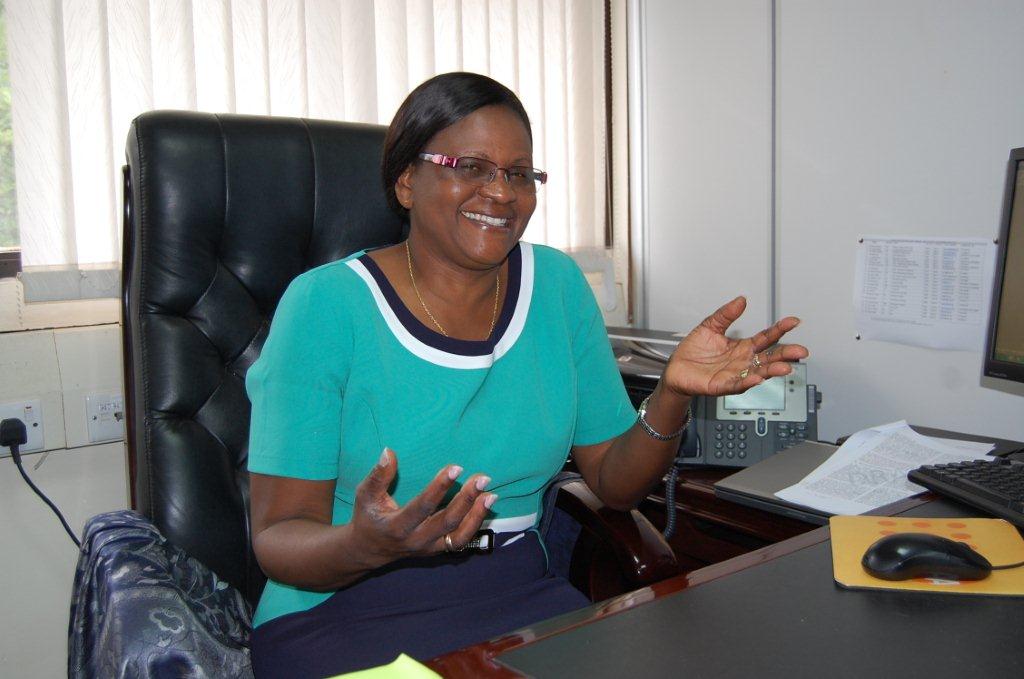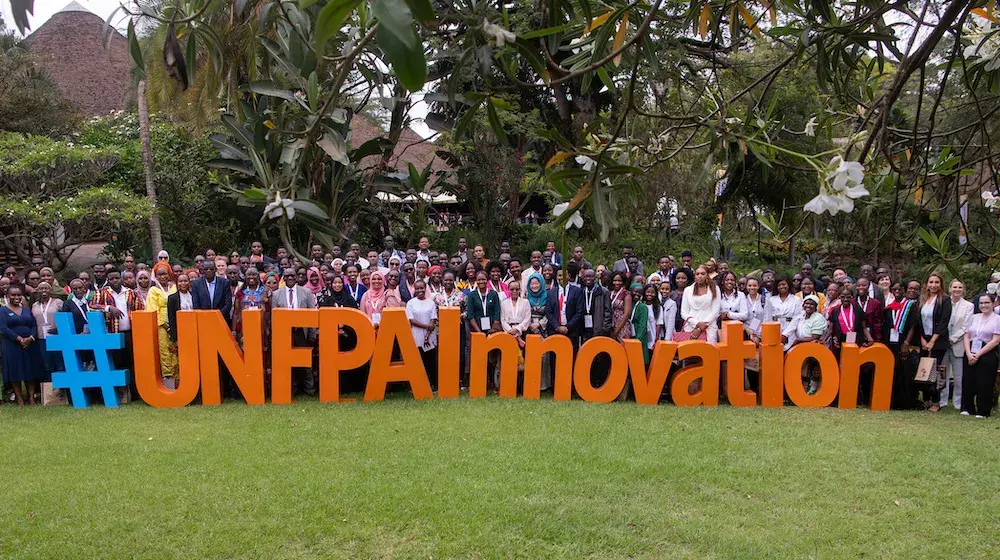UNFPA Kenya pledges to support the newly created Directorate of Gender under the Ministry of Devolution and Planning. The Gender Directorate was formerly the Ministry of Gender, Children and Social Development.
The newly created Directorate of Gender in the newly formed Ministry of Devolution and Planning has expressed interest in collaborating with UNFPA in promoting the gender agenda in the country.
This expression of interest was presented by Ms. Katherine Muoki, the Director of the Directorate of Gender, at a high level meeting with UNFPA Deputy Representative Ms. Gift Mulanga, who was accompanied by Ms. Cecilia Kimemia (Assistant Representative) and Ms. Florence Gachanga (Programme Officer).

Ms. Muoki said the Gender Directorate required support particularly in the areas of sexual and gender based violence, establishment of response centers, a gender management system that is modelled in ministries, departments and agencies; capacity building and review of the gender policy in order to be in line with the MTP2.
The Directorate of Gender was created by the newly elected government following the reorganization of the Ministry of Gender, Children and Social Development (MOGCSD). The Directorate is under the Ministry of Devolution and Planning, also a fairly new ministry that was created following the 2013 election of the Jubilee Government. The 2013 election also saw the implementation of the Constitution of Kenya 2010 that mandated the establishment of the county system of governance.
Ms. Muoki informed UNFPA that following the Government's directive to create a leaner, more effective Cabinet, six other ministries were also resized into directorates and placed under the Ministry of Devolution and Planning. All key ministries, however, have gender focal points.
In addition, the Directorate of Gender has two main departments:
-
Gender Mainstreaming and
-
Economic Empowernment.
The Gender Directorate is tasked with:
-
Development of policies such as the Prohibition of FGM Policy, Gender Policy and GBV Policy among others
-
Implementation of the policies
-
Capacity building on gender mainstreaming, gender responsive budgetting, and monitoring and evaluation for officers in ministries
-
Coordination of International Days such as International Women's Day; and international meetings such as the Commission on the Status of Women
-
Link, work closely with and coordinate the recently created Anti-FGM Board
-
Collection and analysis of gender disagregated data
-
Coordination of the youth and women funds
-
Registration of groups
-
Pepare reports
It was noted that while the Ministry of Gender, Children and Social Development had been downsized, the tasks and responsibilities of the Directorate of Gender still largely mirrored those of the defunct ministry. It was also reported that gender officers around the country had been reallocated to the Ministry of Labour; and youth officers around the country were retained by the Ministry of Devolution and Planning. These youth officers were expected to double as gender officers.
Ms. Malunga congratulated the Government of Kenya for enhancing the visibility of gender issues by placing the Directorate of Gender under the Presidency. She drew the attention of the directorate on the need for strong advocacy on ICPD issues in the post-2015 agenda and to ensure that Kenya fully articulates support for sexual and reproductive health rights as a key facilitator for women's empowerment at the CSW 2014.

Ms. Malunga also informed Ms. Muoki of the assessment carried out on the GBV Information Management System.
Pleased with the outcome of the meeting, Ms. Muoki thanked UNFPA for providing support to the Directorate of Gender and committed to completing an Annual Work Plan that would incorporate activities for the directorate and the Anti-FGM Board.



